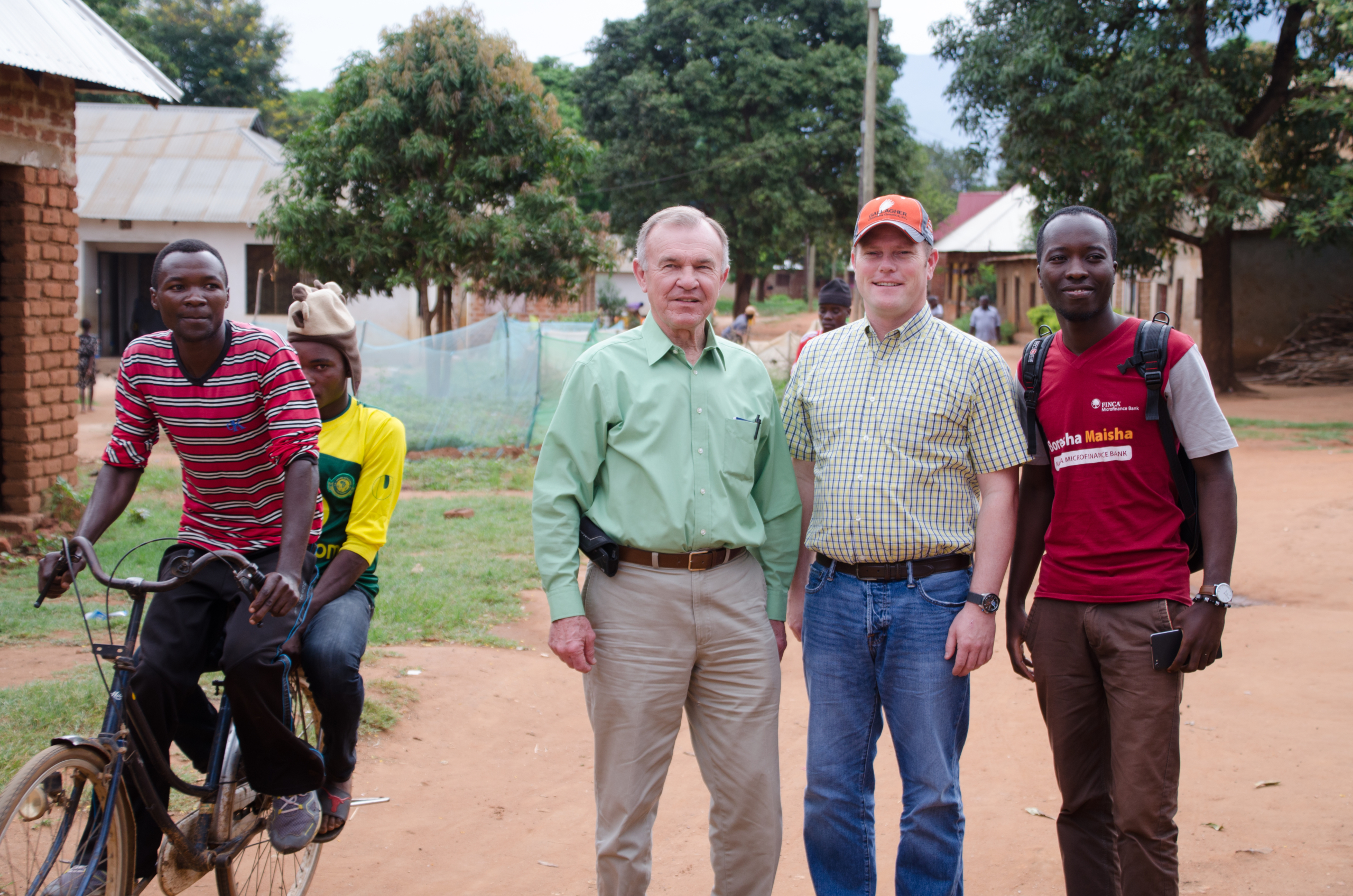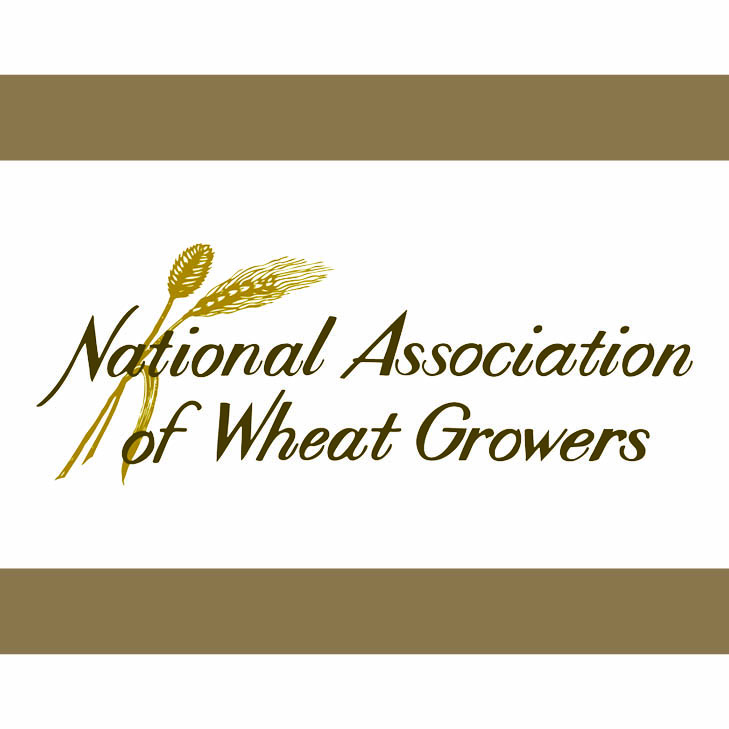By Elizabeth Westendorf, USW Assistant Director of Policy
On Feb. 12, President Trump unveiled a FY2019 budget proposal that included several areas of support for agriculture. It was disappointing, however, to see that the proposal eliminates federal funding for Food for Peace, the most effective U.S. emergency food assistance program helping populations in need around the world. The budget would also de-fund USDA’s McGovern-Dole Food for Education program, which addresses nutrition and literacy goals in rural schools overseas, and Food for Progress, an innovative program combining U.S. commodity donations with commercial purchases and agricultural development.
U.S. farmers are proud of these programs and the important role that U.S. commodities play in international assistance. Wheat farmers have long been the leading suppliers, and in 2017, the United States sent more than 800,000 metric tons (MT) of wheat overseas as food aid.
U.S. Wheat Associates (USW) has been a partner in supporting these programs for their more than 60 years of existence and works hard to make sure that wheat is used appropriately and that wheat buyers and NGOs can use the programs effectively. We are proud of our long partnership with USDA and USAID in accomplishing those goals.
This year, the world faces even more need with famine on the horizon in Nigeria, Somalia, South Sudan and Yemen. The overriding moral imperative demands that we maintain our international food assistance efforts. Beyond the help for those in need around the world, these programs have vital benefits for domestic constituents. International assistance fosters goodwill, which helps with national security efforts. The use of U.S. commodities ties farmers directly to program beneficiaries, allowing them to connect with the programs’ goals in a way that simply using cash (or not being involved at all) does not. Additionally, development programs boost burgeoning economies, which benefits the entire global economic system by encouraging trade with the full participation of poorer nations.
We strongly urge the Administration to reconsider the value and effectiveness of these programs in future budget proposals. We are grateful that most U.S. lawmakers seem to appreciate the importance of international food assistance. As its members did last year, we hope Congress once again ignores the ill-conceived call to eliminate these successful and indispensable programs and keeps them intact in the final 2019 U.S. budget.




